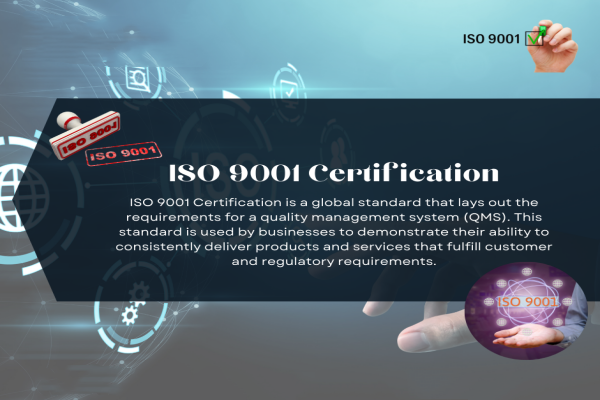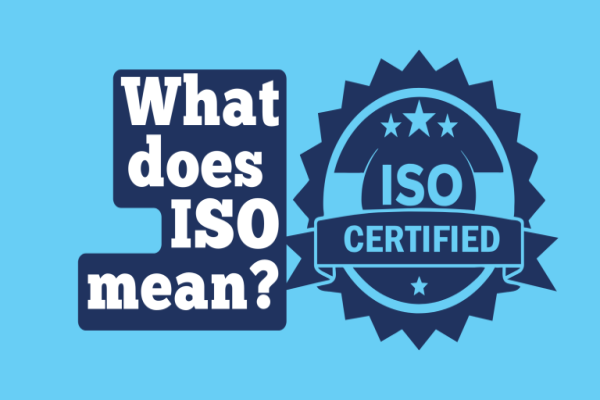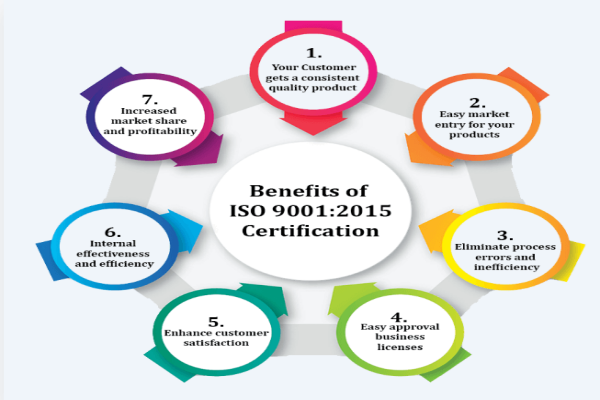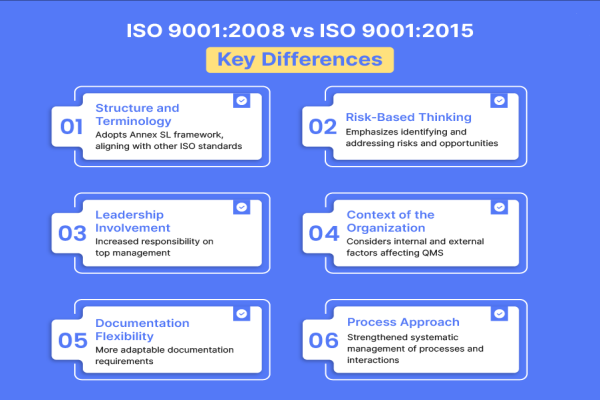What is ISO 9001:2015 certified?
A company can look reliable from the outside but fail inside without strong systems. ISO 9001:2015 certification helps businesses prove consistent quality and customer satisfaction.
ISO 9001:2015 certified means a company meets international standards for quality management, ensuring consistent processes, customer focus[^1], and continuous improvement across its operations.

Customers often ask if certification really matters. The truth is it builds trust, reduces risk, and shows a company is serious about long-term growth.
What does it mean to be ISO 9001:2015 certified?
A business may claim quality, but claims without proof do not build trust. Certification provides third-party confirmation of a company’s quality system.
Being ISO 9001:2015 certified means an independent body has verified that a company follows internationally recognized quality management standards.

The deeper meaning of ISO 9001:2015 certification[^2]
Certification is not just about holding a paper. It means the company has implemented a quality management system[^3] (QMS) that covers every process from sales to delivery. ISO 9001:2015 emphasizes risk management, leadership involvement, and continuous improvement[^4]. It ensures consistency in how products and services are delivered.
Key focus areas include:
| Core Principle | What It Means in Practice |
|---|---|
| Customer Focus | Listening to clients and acting on their needs |
| Leadership Commitment | Management takes responsibility for quality goals |
| Process Approach | Clear, structured workflows reduce errors |
| Improvement | Ongoing reviews lead to better efficiency and fewer defects |
| Evidence-Based Decisions | Data supports choices instead of assumptions |
For me, ISO 9001:2015 represents a culture change. It helps employees understand their roles clearly. It also builds customer confidence, especially in industries where compliance is critical.
Is ISO 9001:2015 worth it?
Some business owners hesitate because they worry about cost and paperwork. But the long-term value often outweighs the short-term investment.
Yes, ISO 9001:2015 is worth it because it improves efficiency, builds credibility, and can open doors to new markets and bigger clients.

Why certification pays off
I have seen companies spend years trying to grow without certification. Many face lost deals because clients demand proof of standards. Certification helps prevent these losses.
Benefits include:
| Benefit | Impact on Business |
|---|---|
| Improved Efficiency[^5] | Streamlined processes cut waste and save money |
| Stronger Market Reputation[^6] | Certification builds trust with clients and partners |
| Access to Bigger Contracts[^7] | Many tenders require ISO 9001:2015 as a baseline |
| Reduced Risks | Structured systems prevent mistakes and safety issues |
| Employee Engagement | Staff feel proud to be part of a certified company |
So, the real value is not just the certificate. It is the transformation inside the business. It forces organizations to think systematically and grow sustainably.
What is the difference between ISO 9001 and ISO 9001:2015?
Business owners sometimes confuse ISO 9001 with ISO 9001:2015. They are connected but not the same.
ISO 9001 is the general quality management standard, while ISO 9001:2015[^8] is the latest updated version that focuses more on risk-based thinking and leadership.

Breaking down the differences
ISO 9001 was first introduced in 1987. Over time, it has been revised to adapt to modern business needs. The 2015 version introduced key changes:
| Aspect | ISO 9001 (Previous) | ISO 9001:2015 (Current) |
|---|---|---|
| Structure | Less flexible | High-level structure for integration |
| Risk Management[^9] | Not fully addressed | Core requirement |
| Leadership Role | Quality managers mainly responsible | Top management must take active leadership |
| Context of the Organization | Limited focus | Strong emphasis on internal and external context |
| Continuous Improvement[^10] | Encouraged | Mandatory part of system |
In my experience, the 2015 version is more practical. It connects quality management with strategic business goals. It also gives flexibility to adapt to different industries, making it more widely accepted.
How do I get ISO 9001:2015 certification?
Many business owners think certification is complex and expensive. But with the right steps, it is manageable.
To get ISO 9001:2015 certification, a company must implement a quality management system[^11], document its processes, train staff, and pass an external audit by a certification body.
[^12]](https://liyyouvac.com/wp-content/uploads/2025/09/How-to-get-ISO-90012015-certification.png)
Steps to certification
The path to certification can be divided into clear stages:
| Step | Action Required |
|---|---|
| Step 1: Gap Analysis | Review current processes against ISO 9001:2015 standards |
| Step 2: Planning | Assign responsibilities and create an implementation plan |
| Step 3: Implementation | Train employees, update documents, and apply new processes |
| Step 4: Internal Audit | Check for compliance and identify gaps |
| Step 5: Certification Audit | An accredited body audits the system |
| Step 6: Continuous Review | Maintain standards through regular updates and audits |
From my side, I advise treating it as a journey, not just a one-time project. Certification only brings value if the system is truly applied every day. Companies that embrace it fully gain the most.
Conclusion
ISO 9001:2015 is more than a certificate. It is a framework that helps businesses prove quality, build trust, and grow sustainably.
[^1]: Find out how prioritizing customer needs can drive business success and enhance customer satisfaction. [^2]: Explore this link to understand how ISO 9001:2015 certification can enhance your business's credibility and operational efficiency. [^3]: Learn about the significance of a quality management system in ensuring consistent quality and customer satisfaction. [^4]: Discover strategies for continuous improvement that can lead to better efficiency and reduced defects in your organization. [^5]: Learn how ISO 9001:2015 can streamline your processes, reduce waste, and ultimately save money. [^6]: Discover how certification can enhance your business's credibility and trust with clients and partners. [^7]: Find out why many contracts require ISO 9001:2015 and how it can open doors to larger business opportunities. [^8]: Explore the benefits of ISO 9001:2015 certification to understand how it can enhance your business efficiency and market reach. [^9]: Understand the importance of risk management in ISO 9001:2015 and how it can help prevent mistakes and safety issues. [^10]: Explore how ISO 9001:2015 mandates continuous improvement as a core part of the quality management system. [^11]: Discover how implementing a quality management system can enhance your business operations and customer satisfaction, leading to long-term success. [^12]: Explore this link to understand the detailed steps and requirements for obtaining ISO 9001:2015 certification, ensuring your business meets quality standards.
